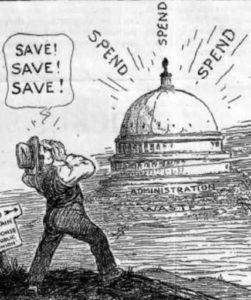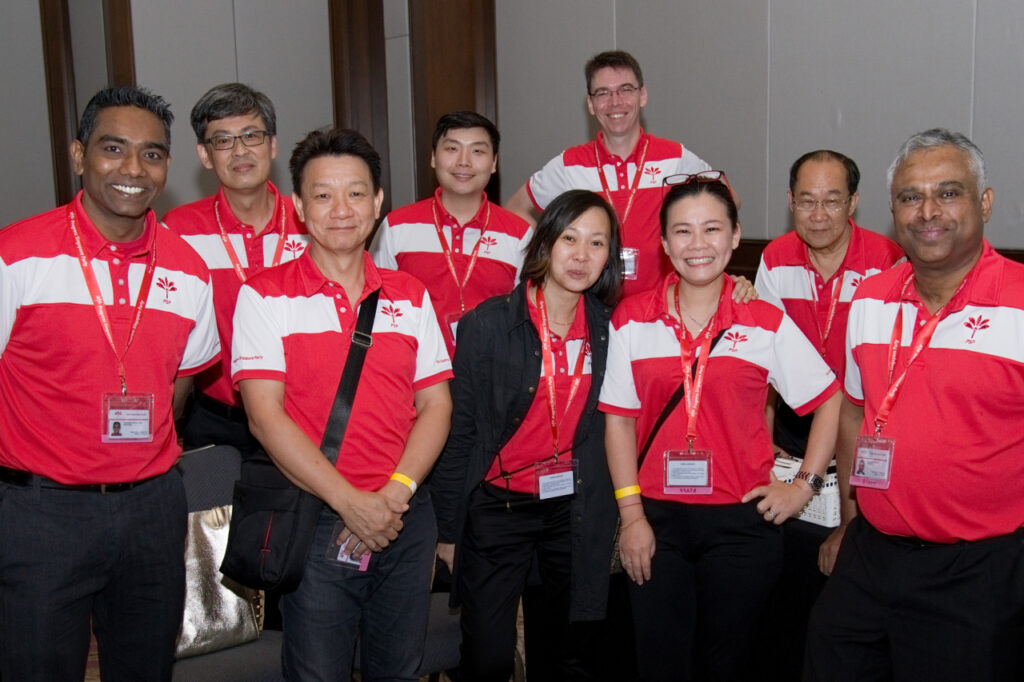Where has Frugality gone?
By Yuen Kin Pheng, Francis
The Merdeka and Pioneer generations will dearly remember the meaning of frugality as a value we were taught to embrace. This value has guided our early leaders in building up our economy and in accumulating a healthy national reserve. Unfortunately, this important value seems to have been forgotten or placed at the back burner over the recent years. As we progress and become prosperous, frugality has given way to extravagance.
We build infrastructures that the world admires but have little direct benefits to our people, particularly the poor. One may argue that such investments are means to boost tourism or related industries. But the costs-benefits of these huge projects are nebulous and highly debatable. The obsession with aesthetics versus functionality is another area of serious concern. And often it is form that becomes more important than function. Yes, we would like our infrastructures to look impressive and be the pride of our country. But why go excessively beyond functionality and spend an inordinate amount of taxpayers’ money on aesthetics?

Do we really need five-star government buildings and offices when a functional and efficient working environment is more than sufficient? Do we need hospitals to be built with expensive facades and frills which do not add direct value to healthcare? Shouldn’t such additional investments be used for better equipment and training or more social facilities? We all take pride in having a green city state that makes for better living. But are we over-planting on our roads and expressways, resulting in high maintenance costs and the employment of large numbers of foreign workers? These are just a few examples how frugality has been thrown into the wind.
Our economic success has bred complacency. Perhaps it is also the ease of access to money that is the problem. When there is a need to raise funds, the easy way is to simply raise taxes. And when money is too easily available without checks and balances, it just leads to lavish spending with no accountability. Bin Centre that costs $800,000 and budget for youth Olympic games that overran more than $200m are cases in point. If there is a lesson that we can learn from the current pandemic crisis, it is that we can’t go on spending on things that are “nice to have”. This is a sheer waste of hard-earned money that could have gone into more worthwhile projects like building a more robust social safety net. And this could have mitigated taking out $16b from our reserves in just 3 months. Not spending on “nice to have” projects can also mean we will have even more reserves in our coffers.
Moving forward, there is an urgent need to implement a more transparent process for proper justification and prioritization of huge infrastructure spending. An overriding consideration is that they must have direct benefits to the people and not just means to bolster GDP growth. Open and rigorous debate with the participation of different stakeholders will assure this. Also, government agencies should adopt zero-based budgeting to ensure that their annual budgets are based on what they “need” to spend and not what they “wish” to spend to achieve their tasks. The practice of “Christmas shopping”, using up money allocated before year end, must stop. Besides wastage, there needs to be strict discipline to achieve productivity gains with measurable targets so that more can be done for less without compromising safety, efficiency and quality.
Frugality is one of the values that has been instrumental to Singapore’s success. We can be frugal and yet have a decent livelihood for all without compromising our progress in building a first world country with first world people. It’s all about being prudent in the use of hard-earned taxpayers’ money and not indulging in mindless spending on things that do not really add value to the majority of our people. It must be our people’s interests that have to come first.
We deserve better.
Disclaimer:
The author of the above article writes in his own capacity with his views and opinion only to himself and are in no way a representation of the Party.

